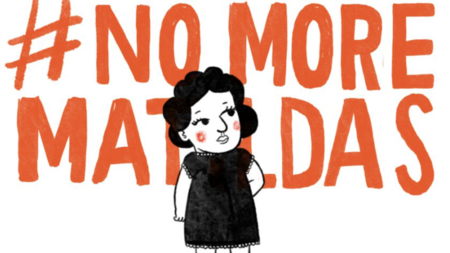If Einstein had been a woman instead of a man ... What would have happened? Would she be so universally known? These are the questions posed by the 'No More Matildas' campaign, initiated by the Association of Women Researchers and Technologists.
The aim of the campaign is to draw attention to the lack of female references in science and the persistence of stereotypes and to encourage teachers and families to be aware that the Matilda effect exists and that the ability of girls continues to be doubted for science.
Who was Matilda?
Matilda Joslyn Gage, a women's rights activist, was the first to denounce this systematic trend because brilliant scientists had been scorned and their achievements silenced, or generally attributed to others throughout history. Margaret W. Rossiter, historian of science, named the effect Matilda in honor of this activist.
In recent years, events and initiatives have increased to make women scientists visible. But the result is that in the ESO books only 7.6% of the mentions in science correspond to women, according to studies by the University of Valencia and the Complutense University of Madrid. And that helps the stereotype that science is more suitable for men to remain.



